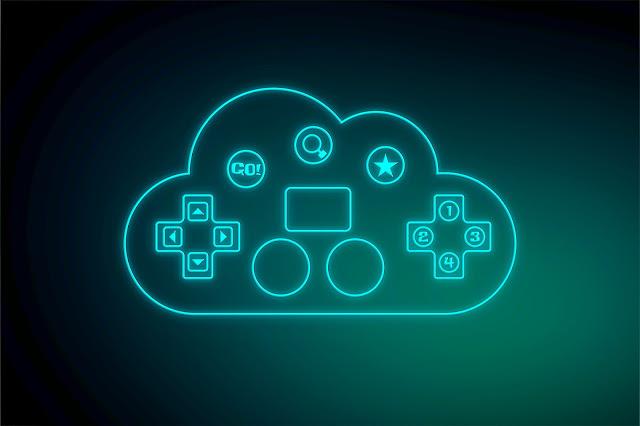Navigating the Cloud Gaming Market: Key Players and Trends
 |
| Cloud Gaming Market |
The gaming industry has witnessed a remarkable
transformation with the advent of cloud gaming. This innovative technology
allows gamers to stream and play their favorite games directly from the cloud,
eliminating the need for expensive gaming hardware. As the cloud gaming market
continues to gain traction, it is essential to understand the key players and
emerging trends that are shaping its landscape. One of the major players in the
market is Google with its platform, Google Stadia. Launched in 2019, Google
Stadia offers gamers the ability to play high-quality games on various devices,
including smartphones, tablets, and computers. With its powerful infrastructure
and extensive game library, Google Stadia has garnered a significant user base
and has been instrumental in popularizing Cloud-based gaming.
According to Coherent Market Insights, The global cloud
gaming market was valued at US$ 178.2 Million in 2020 and is expected
to surpass US$ 2,996.0 Million by 2028, registering a CAGR of 42.3% during the
forecast period (2021-2028).
Another prominent player in the market is NVIDIA with its
GeForce Now platform. GeForce Now allows gamers to stream their existing game
libraries from various digital platforms, making it a versatile option for
gaming enthusiasts. NVIDIA's strong partnerships with game developers and its
robust hardware infrastructure have positioned GeForce Now as a formidable
competitor in the Cloud-based gaming space. Microsoft is also making waves in
the cloud gaming market with its service called Xbox Cloud-based gaming (formerly
known as Project xCloud). Integrated with the Xbox Game Pass subscription, Xbox
Cloud Gaming provides gamers with access to a vast catalog of games that can be
streamed on multiple devices. Microsoft's strong presence in the gaming
industry and its commitment to Cloud-based gaming make it a significant player
to watch out for.
As for emerging trends, cross-platform compatibility is a
key focus in the cloud
gaming market. Gamers now expect the ability to seamlessly switch
between devices while retaining their progress and game data. Companies are
investing in technologies that enable smooth transitions between devices,
allowing players to pick up where they left off regardless of whether they are
playing on a PC, console, or mobile device. Furthermore, the integration of 5G
technology is set to revolutionize cloud gaming. With its ultra-low latency and
high-speed data transfer capabilities, 5G networks will provide gamers with a
lag-free and immersive gaming experience. This advancement will open doors for
more demanding and graphics-intensive games to be played on cloud platforms.
Additionally, cloud gaming is becoming more accessible to a
wider audience. Companies are exploring partnerships with smart TV
manufacturers, eliminating the need for additional hardware. This integration
allows gamers to directly stream games on their televisions, making Cloud-based
gaming a more convenient and user-friendly option. In conclusion, the market is
witnessing rapid growth and is poised to shape the future of gaming.


Comments
Post a Comment